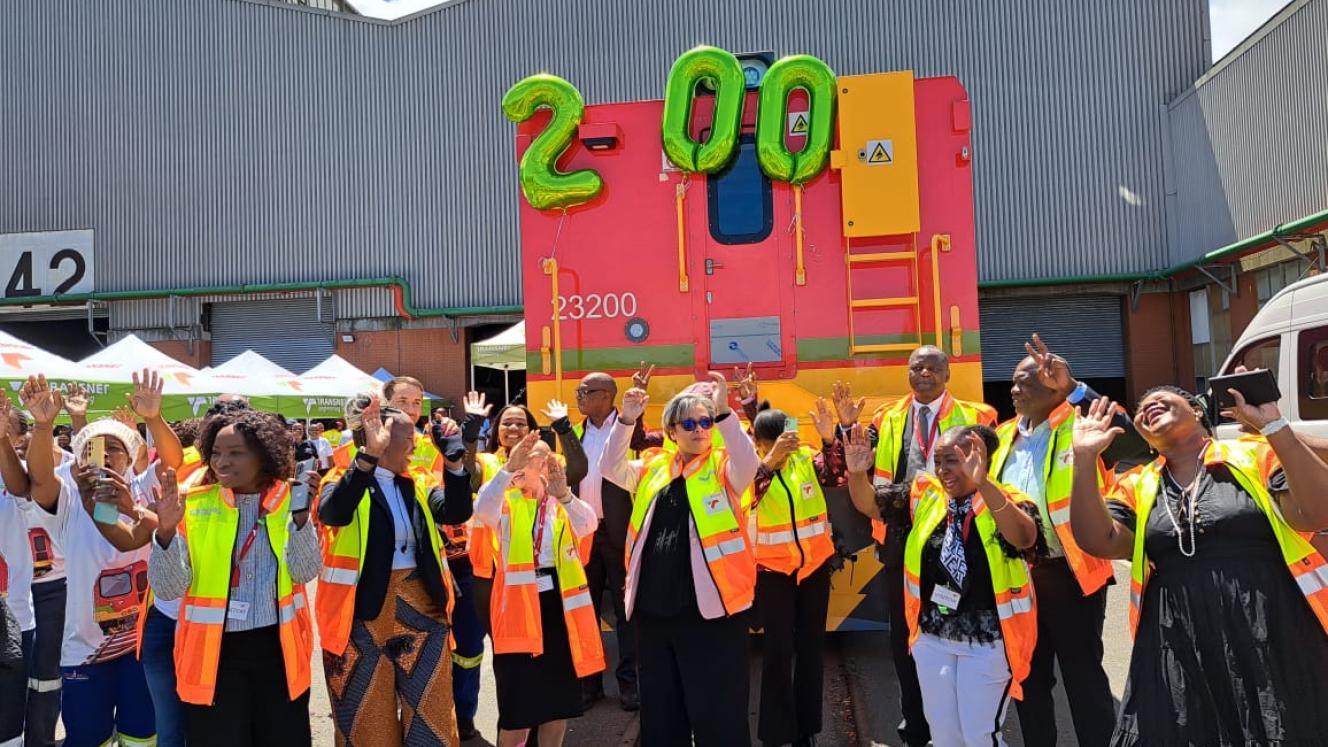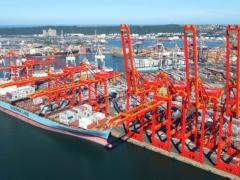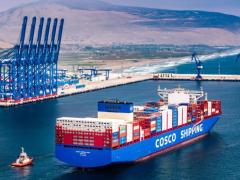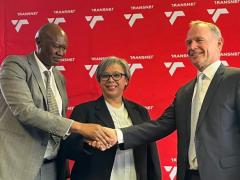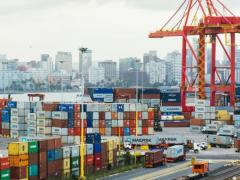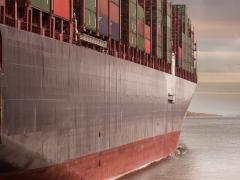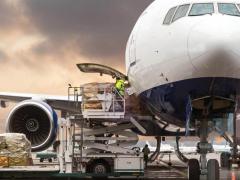South African logistics utility Transnet celebrated the roll-out of the 200th locally manufactured Traxx 23E locomotive at its Durban engineering plant, a milestone in the 240-unit fleet renewal programme that began in 2014.
Transnet group chief executive, Michelle Phillips, speaking at the facility to mark the completion of the locomotive, said the Traxx 23E project was the cornerstone of the company’s effort to modernise its freight rail fleet.
“Modernising our fleet is a critical component of the national mandate to lower the cost of doing business and enable economic growth. Today’s celebration of this milestone is a manifestation of our commitment to modernise our fleet and enhance freight capacity through sustained and focused investment in rolling stock assets.”
Transnet Engineering chief executive Bessie Mabunda said 187 locomotives had already been delivered to Transnet Freight Rail.
“The commitment and the work that we’ve done to date has resulted in the delivery of 187 locomotives to the client. We’ve assembled over 220 3E locomotives out of the 240 that have been ordered,” she said.
The Traxx 23E project currently employs 380 women and men directly on the production line. The project’s extensive skills-transfer programme has equipped hundreds of local technicians and engineers with advanced rail-manufacturing expertise, ensuring long-term capability beyond the current contract. It has also created 2 065 indirect jobs.
Mabunda said the skills transfer had been achieved in close partnership with Alstom, the project’s key technology and manufacturing collaborator.
Following a 2023 settlement agreement with Alstom (which acquired the original contractor Bombardier), Transnet Engineering initiated an aggressive ramp-up of the project.
Transnet Engineering general manager for Manufacturing, Tshwanelo Tswai, highlighted the localisation achievements: more than 60% of the total contract value has been produced locally, with sustained procurement spend from inception reaching R165.5 million on machining services, bogie assembly material and raw steel supply.
“The journey to this point has not been easy but through collaboration we have achieved this milestone,” said Tswai.
Mabunda said that by implementing a 24/5 shift pattern and stabilising the material supply chain, the project had achieved its best-ever performance in 2024, delivering 43 locomotives in a single year. It is now firmly on track for completion with the delivery of the remaining 40 locomotives by June 2026.
“Furthermore, our supplier development initiatives have empowered local businesses, expanded the domestic supply chain and stimulated growth among small and medium enterprises,” said Mabunda.
“The commitment has enabled the transfer of technical skills as well as knowledge fostering a skilled workforce that contributes to the country’s economic participation.”
Alstom MD, Tristan le Masne, said in service, the Traxx 23E fleet had recorded 98% availability against a contractual requirement of 95%, with only one fault per million kilometres travelled.
The proudly South African 23E locomototive, features a flag similar to those seen in China, India, or Kazakhstan – countries known for their strong focus on local development – representing world-class engineering, specifically designed to meet the demanding needs of South Africa's freight industry, Le Masne said.
“The premise was, of course, to deliver rolling stock and to make locomotives but it was more than that … it was to create employment, build local skills, establish a local supply chain that was dependable, and really, in a nutshell, create an ecosystem with benefits that would have a ripple effect and a multiplier effect on the whole South African economy, or large, vast parts of that economy.”
He said the impact of Alstom’s investment on this project was also felt in skills development.
“We've hosted numerous training programmes across South Africa, Germany, Switzerland, France and other countries, and we've tried our best to build expertise in the technical and operational fields and also quality, safety and others. The scaling up efforts obviously deepen and strengthen the local talent pool, and that paves the way for future generations of rail professionals.”
Le Masne said the project had been defined by collaboration, perseverance and unwavering commitment to excellence.
“Frankly, when the dust settles and all is said and done, you will look back at today with pride and satisfaction that you wrote a glorious chapter in the South African rail history books.
“The next few years are ripe with opportunity and, with continued reforms, investment and deepening collaboration, South Africa’s railways are set to become the backbone.”
Transnet Engineering said in a statement that it was positioning itself to become a leading Original Equipment Manufacturer for the continent and the 200th Traxx 23E locomotive stood as proof of its capability, resilience, and central role in moving the country forward.
